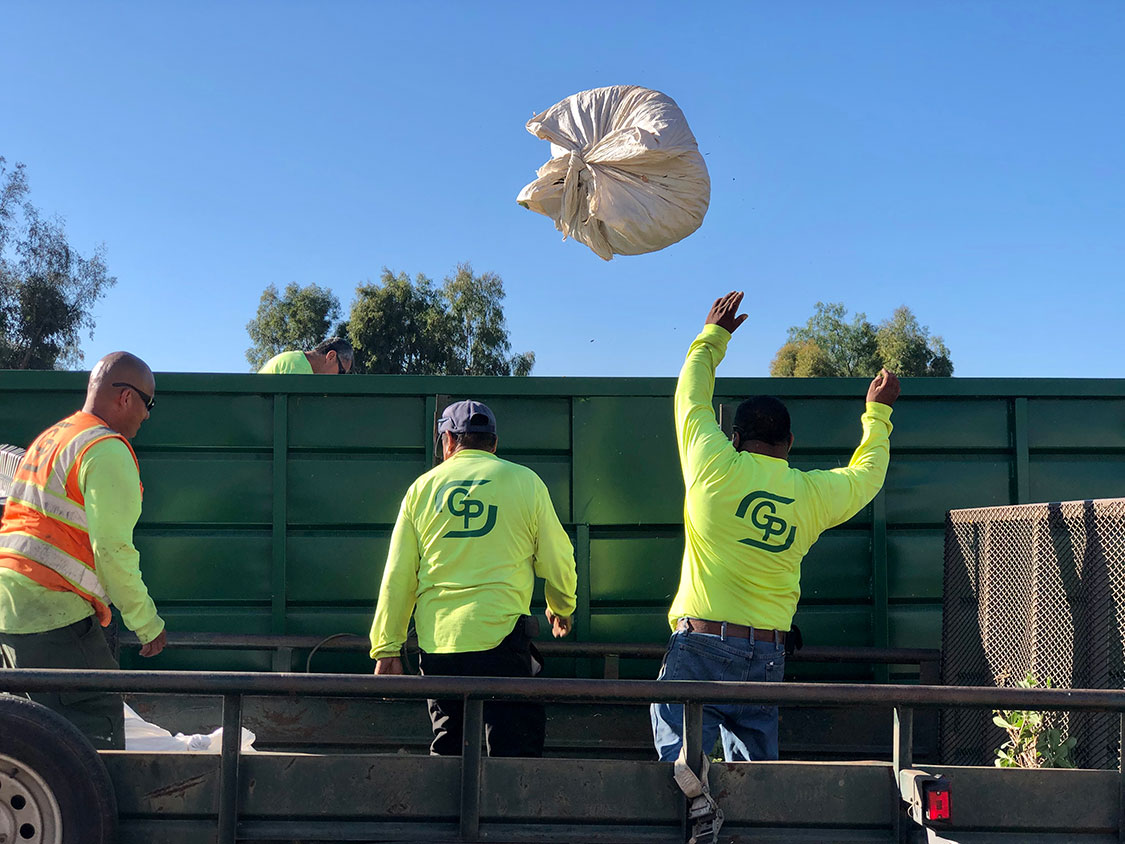Maintenance
Quality
We have been performing landscape maintenance for decades. Though we are always learning new ideas and methods, we are competent and capable at what we do. We believe it is important for property managers to understand what an impact the maintenance of landscape at their properties can have on their financial success.
Like with most things in life, you get what you pay for when it comes to landscape maintenance. If you asked the people who visit your site they would not always be able to express in words how the landscaping makes them feel. However, it most certainly makes them feel something. Think about residents living at an apartment building with dead grass or a customer at a shopping center walking through a planter with dead or missing plants. What are they subconsciously being told?
Designing and installing landscapes certainly takes skill. The ultimate test is ongoing maintenance of what was installed so that it is kept healthy and thriving. We understand budgets can be restrictive, however the quality of a landscape at a property is directly related to the financial attention paid to it.
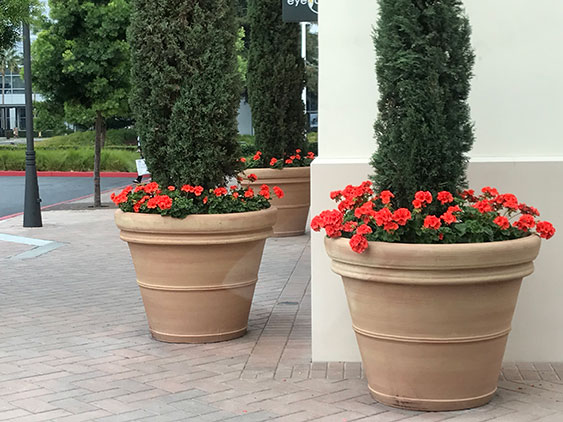
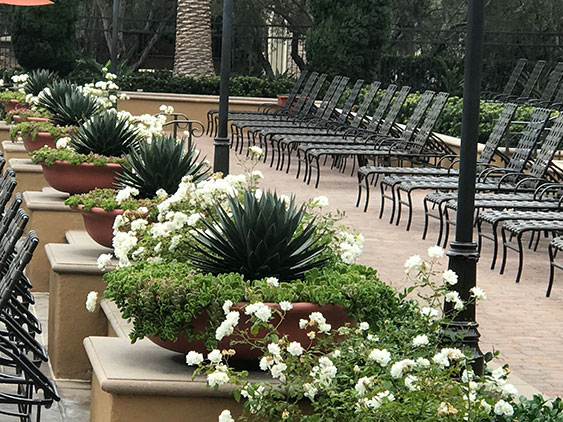
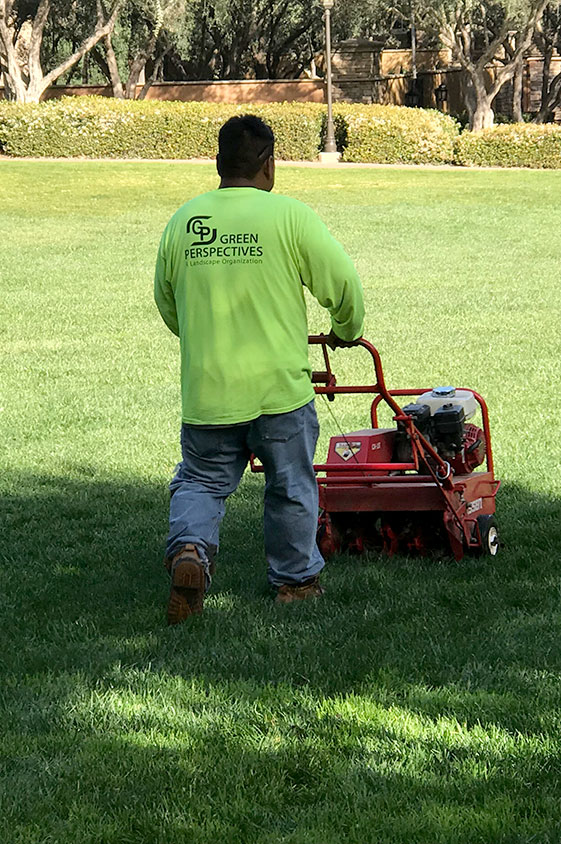
Turf
Shrubs
Shrubs can provide a backdrop against buildings, screen out unwanted views, and guide people through a landscape as they walk. They also have the ability to provide a splash of color, create a focal point, and quickly fill voids.
Vines can accent an arch or frame a doorway. A bare and stark column or façade can be quickly covered with a vine to soften its appearance.
Because of the important purpose they serve, their maintenance is critical to how others perceive your property when they enter for the first time, and as they live, work and shop.


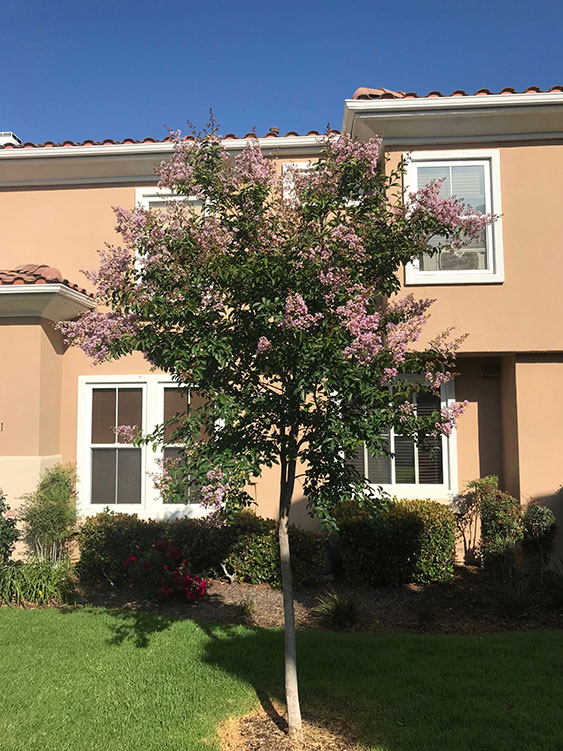
Trees
Designers appreciate trees and palms for giving a landscape scale and focus that is not achievable with man-made objects. Users of landscapes appreciate trees and palms for the shade they provide in the parking lots at the buildings where they work, the screening between apartment buildings where they live, and the tall palms at a retail center showing them at a distance where the entry drive is located.
Organic means...
It arose in agriculture when farmers decided to use inputs (e.g. pesticides and fertilizers) for growing crops that were derived from natural sources. When a farmer uses horse manure instead of miracle grow he is choosing an organic input to supply nutrients to his plants. This is the same as when a farmer chooses to use a soap to kill insects instead of a readily available insecticide.
In horticulture (maintenance of ornamental plants) we have similar choices to make though they are not always easy or straightforward. At times there are not Organic products out there that meet a specific requirement we need. Also, the cost of certain aspects of Organic landscape management are too high for some customers.
If you are serious about switching all or part of the maintenance of your landscape to Organic, we can assist. We have a pragmatic, non-biased view on the issue.
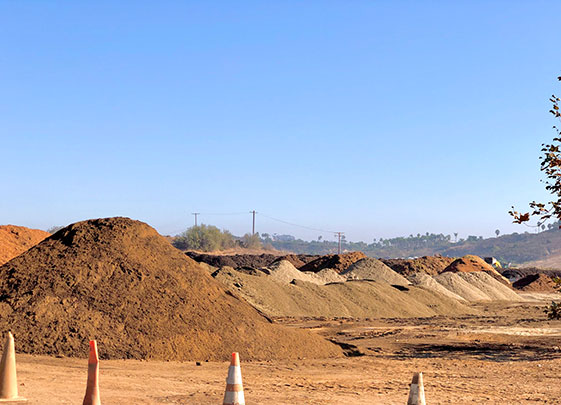
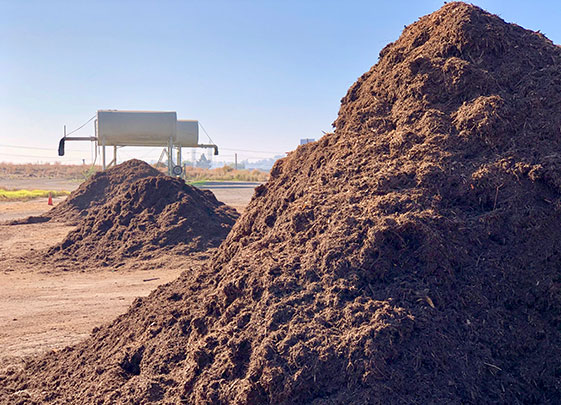
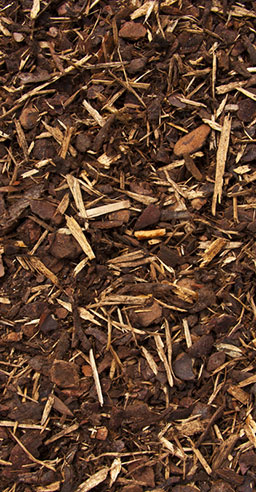
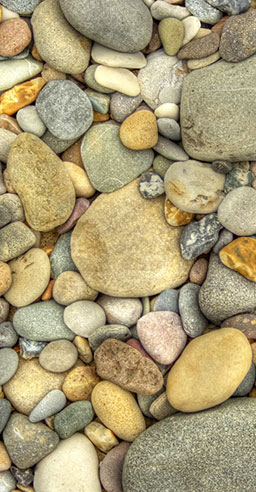
Mulch
Technically it can be any type of covering on the surface of the soil. In the landscape maintenance world it is usually a recycled wood product typically made from green waste. However, it can also be crushed rock or rock cobble.
The benefit it serves is to hold moisture in the soil while providing a way for air to reach the roots in the upper layers of the soil. Because it helps to retain moisture, it can reduce the amount of water used by plants. It can also help stabilize soil surfaces and reduce erosion. Most commercial landscapes benefit from having regular applications of recycled wood mulch until plants grow together to provide their own shade.
Pottery
Pottery on a site can create a three-dimensional component not available with plant material alone. Adding pottery to people spaces, building columns, or flanking either side of a doorway are traditional ways to give these areas extra emphasis.
Most newer pottery installations have irrigation and drainage installed inside the pots. This makes maintenance easier, but does not eliminate it completely. Older installations typically have pots with sealed drain holes, a gravel sump installed inside the pot, and require regular, sometimes daily maintenance to keep the water pumped out from inside the sump. We recommend against “self-watering pots” installed outdoors.
Thought should also be given to the fact that plant material has a shorter life-span when grown inside pottery versus planted in-ground.
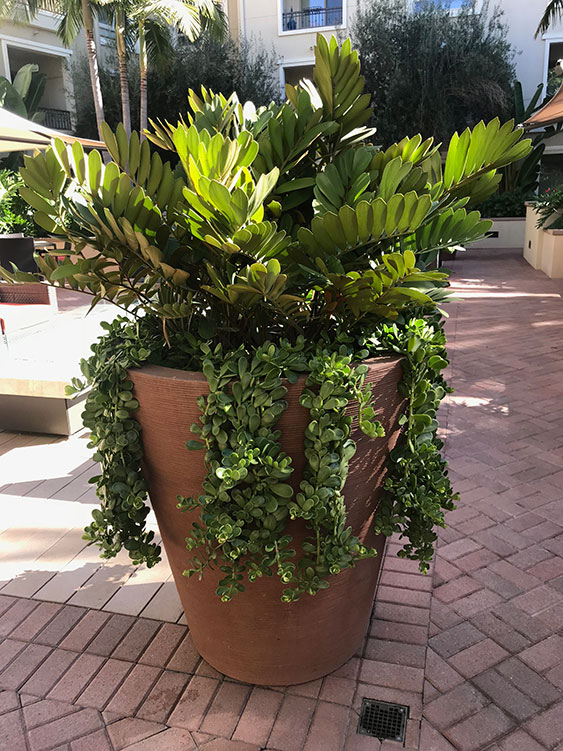
Recycling
